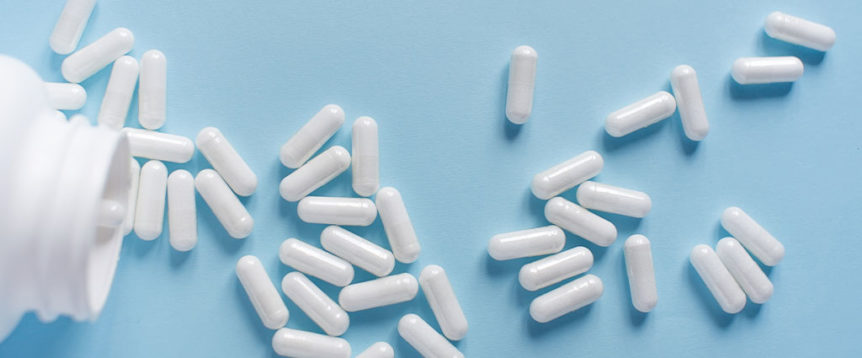Huperzine A, also called selagine, has been used in Chinese folk medicine as a remedy for everything from bruises to schizophrenia, and is now being studied as a treatment for memory loss and Alzheimer’s disease. Here’s what we know about Huperzine A for brain health.
› What is it?
Huperzine A is a substance purified in a laboratory from a plant called Chinese club moss. It acts as a cholinesterase inhibitor, meaning that it prevents the breakdown of the neurotransmitter acetylcholine and might therefore improve learning and memory.
› Health benefits
Alzheimer’s disease
Studies of huperzine A in treating the effects of Alzheimer’s disease have shown promising results, but a 2013 meta-analysis recommended that because of these studies’ small size and poor quality, more research should be done. The Alzheimer’s Association currently recommends against taking huperzine A, particularly for people who are already taking a cholinesterase inhibitor.
Memory improvement
A small Chinese study showed that huperzine A was effective in improving memory and learning in a group of 28 junior high students who complained of poor recall. But more research is needed before huperzine A can be recommended for memory enhancement.
› How much do I need?
Studied doses of huperzine A range from 200 to 500 micrograms daily, but it seems to be safe at much higher doses as well. It can sometimes cause mild side effects including nausea, vomiting and diarrhea.
› Dietary supplements
Huperzine A can be found in tablet and capsule form and is sometimes an added ingredient in supplements sold as memory enhancers.
Sources: Mayo Clinic, WebMD
Please consult your health care provider before making changes to your vitamin/supplement regimen.


